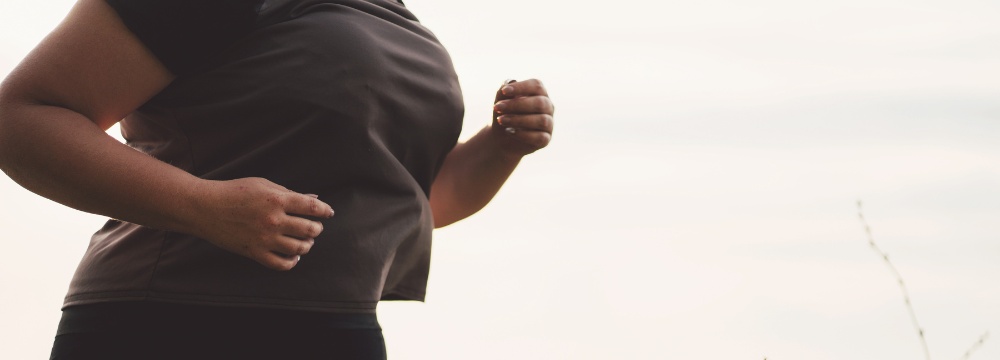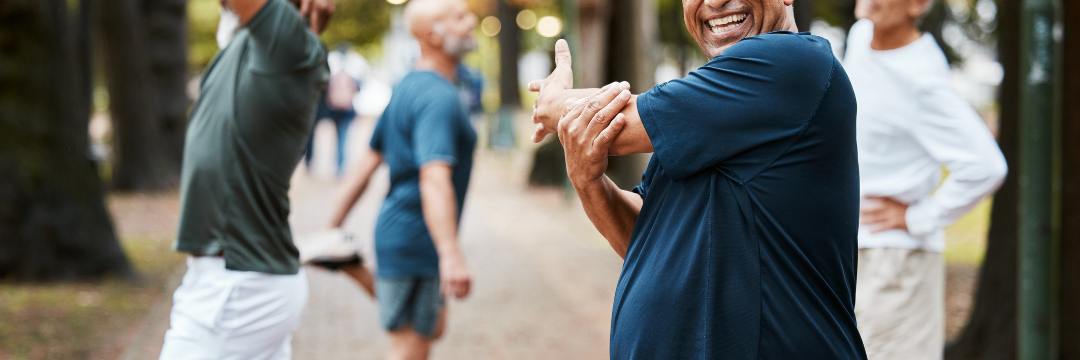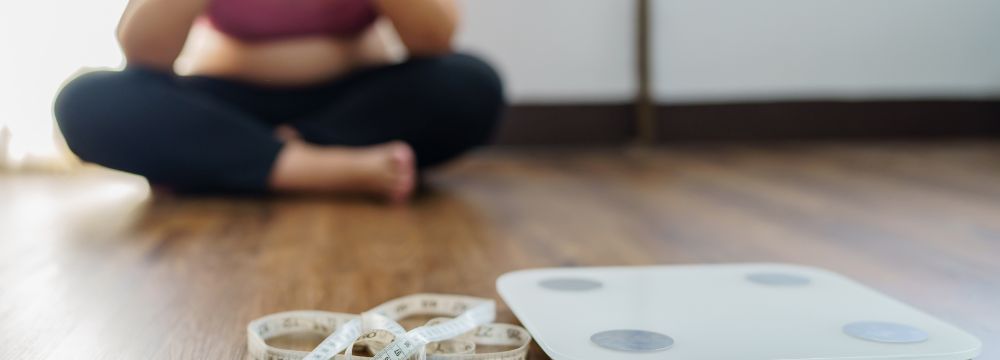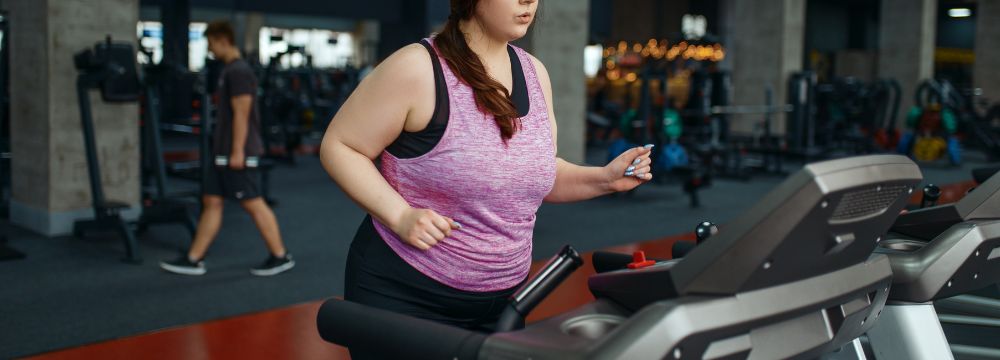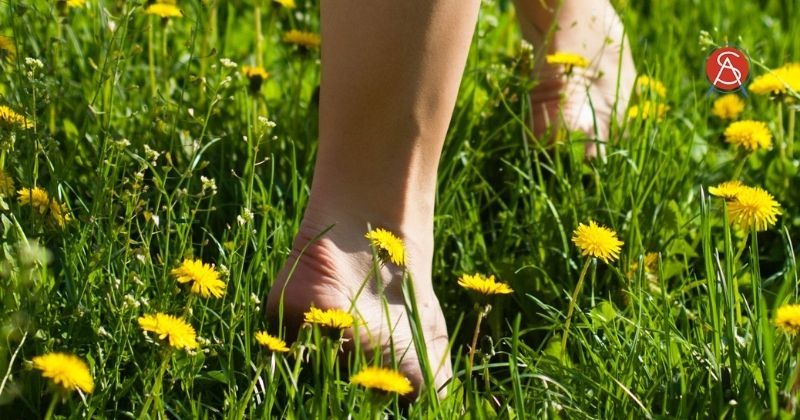
A recent study has shown that shoes, and especially those with a significant amount of padding, may actually be detrimental to the long-term health of our feet, ankles and musculoskeletal system in general. Of course, our feet are usually the only parts of our bodies touching the ground and take the brunt of the shock we experience every time we take a step. It’s tempting to think sneakers and other padded shoes offer an unquestionable benefit of mitigating some of that shock – and this is true to some degree. Those with spinal cord issues or musculoskeletal problems may certainly benefit from padded, impact absorbing footwear. But, for people with healthy bones and joints, wearing shoes may actually weaken the ankle, change our walking gate and cause posture and alignment issues longer-term.
So how does that affect a bariatric patient?
This is very relevant to most bariatric surgery patients who will be starting a walking and exercise regimen immediately after surgery. Because of their excess weight, even in the early post-operative period, bariatric patients are still at higher risk of injury in the lower extremities including the foot and ankle. This risk, of course, diminishes with weight loss.
Many bariatric patients have experienced degeneration in the joints or injury to the foot and ankle due to their weight and may require orthotic shoes, but many will also benefit from a more natural corrective option in the form of walking barefoot. This may reduce the risk of injury over the long term and strengthen certain muscles and even bone structure.
So, should I be walking or running barefoot?
The short answer is you should evaluate the pros and cons of moving away from sneakers another padded shoes when exercising. You should always discuss this transition with your bariatric surgeon, primary care physician, or, ideally, your podiatrist. Walking without shoes is certainly not for everyone and there are risks, including being stuck with a sharp object on the ground. For most who live in the city, this can be difficult or impossible but, you can start with walking barefoot around the house. Instead of wearing slippers, consider wearing non-slip socks. Even in the yard, try to take off your shoes and enjoy the earth under your feet.
If you are not quite ready to transition to shoeless exercise, there are many options that offer less padding while maintaining grip and some protections while better mimicking the feeling and benefits of walking shoeless.


